4 Things Industry 4.0 - Inside the Machine: AI Chips, Quantum Flips, and Giga Moves

Presented by
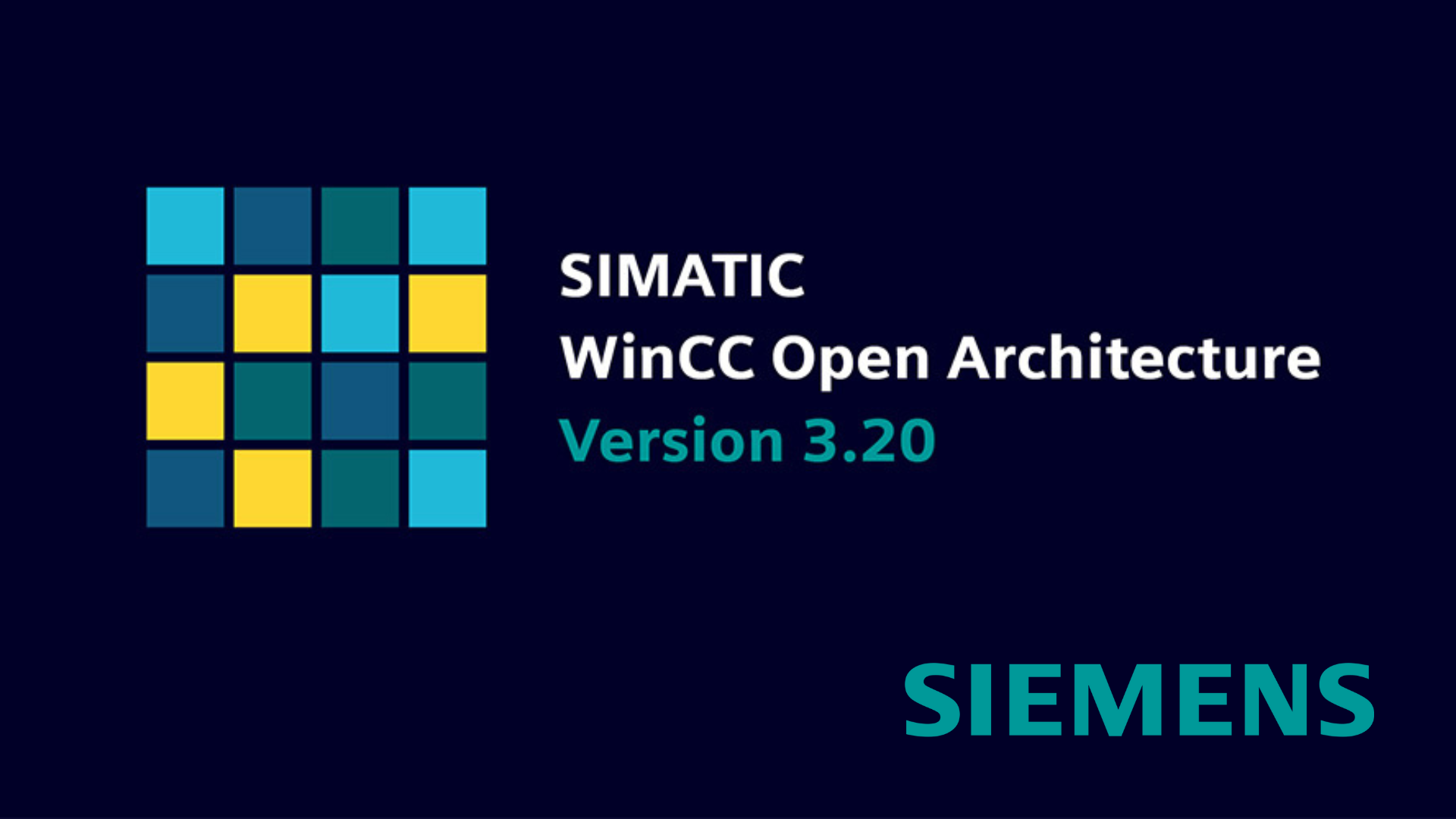
Happy Tuesday, makers of the future—
Quantum computing may be getting its light-speed moment, AMD just scooped a full AI chip team, and the rare earths bottleneck has auto execs losing sleep. Meanwhile, Tesla’s Giga-expansion is giving Central Texas a jolt, and the sun has officially set on one of California’s solar giants.
From strategic acquisitions to grid-shaking innovations, this week’s Industry 4.0 dispatch is packed tighter than a quantum switch. Let’s get into the guts of the machines shaping tomorrow.
U.S. Researchers Achieve Petahertz Processing with World's Fastest Quantum Transistor
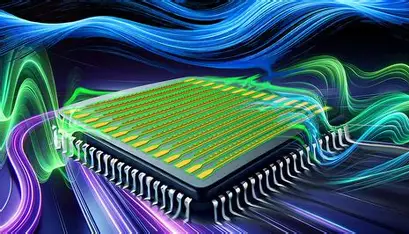
A team from the University of Arizona has developed the world's fastest quantum transistor, achieving processing speeds in the petahertz range—over a million times faster than today's processors. This breakthrough was accomplished by using laser pulses lasting just 638 attoseconds to control electrons in graphene, leveraging quantum tunneling to enable near-instantaneous electronic motion. The device operates under normal room conditions, significantly enhancing its potential for commercial application in fields like artificial intelligence, space technology, and medicine.
👉 Explore how this quantum leap in transistor speed could revolutionize computing and AI applications
Qualcomm Snaps Up Alphawave in $2.4B AI Data Center Push
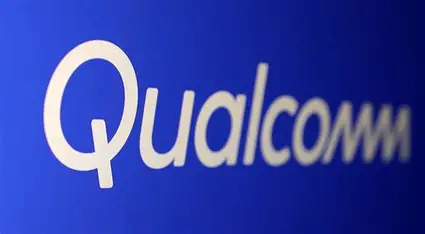
Qualcomm has announced its acquisition of London-listed semiconductor company Alphawave IP Group for approximately $2.4 billion. The deal, offering 183 pence per share, represents a significant premium over Alphawave's pre-announcement stock price. Alphawave specializes in high-speed connectivity and custom chip products are essential for efficient data transfer in data centers, particularly those supporting AI applications. This acquisition aligns with Qualcomm's strategic expansion into the AI data center market, complementing its existing CPU and neural processing unit technologies. The transaction is expected to close in the first quarter of 2026, pending regulatory approvals.
AMD Hires Entire Untether AI Team, Shuts Down Inference Startup
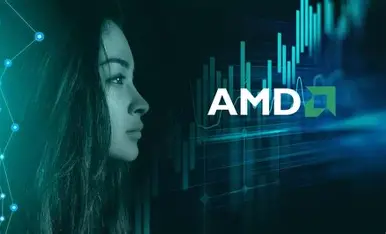
AMD has strategically acquired the entire engineering team of Toronto-based AI chip startup Untether AI, effectively dissolving the company. This move excludes Untether's existing products, such as the speedAI inference processor and imAIgine SDK, which will no longer receive support. AMD aims to leverage the team's expertise to enhance its AI compiler, kernel development, and system-on-chip design capabilities. This acquisition aligns with AMD's broader strategy to strengthen its position in AI inference, an area where energy efficiency and low-latency performance are critical. The integration of Untether's team is expected to bolster AMD's competitiveness against rivals like Nvidia in the evolving AI landscape.
Sponsor Message
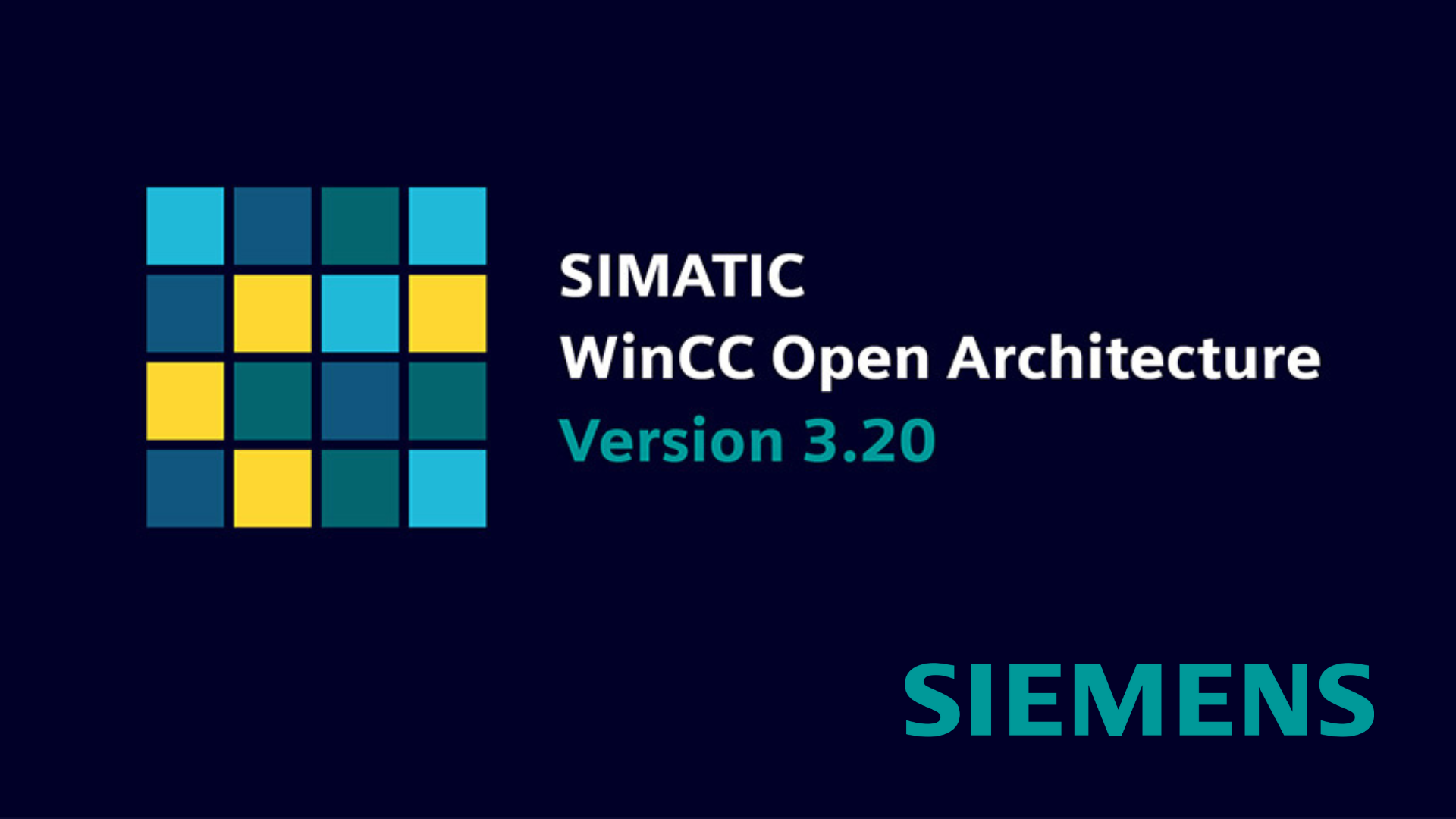
Beyond SCADA: Why Engineers Choose WinCC OA to Build the Future
WinCC OA: A Platform Built for Engineers Solving Complex Problems
You might know WinCC OA as a SCADA platform—but that’s just the beginning.
Originally launched with the New York Metro project, WinCC OA has evolved into a flexible, engineer-driven platform for rapidly solving industrial automation challenges at scale.
Today, it’s used by leading teams in energy, infrastructure, manufacturing, and smart cities—not just to monitor systems, but to architect them.
Here’s what makes WinCC OA stand out:
✅ Rapid Application Development – Build solutions fast, without cutting corners
✅ Flexible, Modular Architecture – Tailor it to your exact needs
✅ Built for UNS – Support for modern industrial data models
✅ Battle-Tested – Proven in mission-critical environments
✅ Secure & Scalable – Designed for longevity and trust
If you're building a Unified Namespace or looking to decouple your tech stack from vendor lock-in, WinCC OA might be the most powerful tool you’re not using yet.
🔗 Discover how it works – link to Learn more
🎥 Link to US webinar video from Proveit!
Ready to build with WinCC OA?
Register here to create your account and access download.
Auto Industry in Crisis Over Rare Earth Magnet Shortage
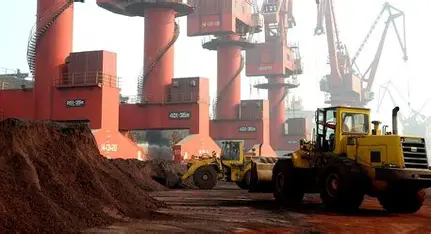
Automakers worldwide are facing a critical shortage of rare earth magnets, essential components in electric vehicles and other automotive applications. The shortage stems from China's tightened export controls, which have disrupted global supply chains and left manufacturers scrambling for alternatives. Some factories risk shutdowns by mid-July if the situation doesn't improve. While efforts are underway to develop rare-earth-free technologies and diversify supply sources, most solutions remain years away from viability. The crisis underscores the auto industry's vulnerability to supply chain disruptions and the urgent need for strategic resource planning.
Industry 4.0 Highlights
Tesla Supercharges Giga Texas with Massive AI Data Center Expansion
Tesla is significantly expanding its Giga Texas facility in Austin, transforming it into a major hub for AI and autonomous vehicle development. The expansion includes the construction of a new data center, known as the "Cortex," which will house a supercomputer cluster equipped with approximately 100,000 Nvidia H100/H200 GPUs. This infrastructure will support Tesla's Full Self-Driving (FSD) system and the Optimus robot, requiring an estimated 500 megawatts of power and cooling capacity—enough to power roughly 375,000 homes. Additionally, Tesla is leasing nearly 300,000 square feet at the Austin Hills Commerce Center to further support its operations.
California Solar Plant to Shut Down Amid Environmental and Economic Challenges
The Ivanpah Solar Electric Generating System, once the world's largest solar thermal power plant, is set to cease operations in 2026, just 12 years after its inauguration. Located in California's Mojave Desert, the $2.2 billion facility faced multiple challenges, including underperformance, high operational costs, and significant environmental concerns. Despite receiving $1.6 billion in federal loan guarantees, the plant struggled to meet its energy production targets and relied on natural gas to supplement its output. Environmentalists have criticized Ivanpah for its detrimental impact on local wildlife, notably the incineration of thousands of birds due to its concentrated solar beams.
Learning Lens

Rethinking Integrations—MCP vs. API
As software shifts toward autonomous agents, the way tools connect is evolving. Traditional APIs require structured calls, documentation, and developer overhead. Enter Model-Controlled Purchase (MCP)—a system where AI agents initiate and complete transactions without human interaction. The team at Glama explains the key differences: APIs are explicit and rigid, while MCPs are more abstract, relying on LLMs to reason and execute intent. This shift opens new possibilities for frictionless integrations, where agents not only query services but also buy and deploy them on the fly. It’s a foundational change that reframes interfaces as prompts instead of endpoints.
👉 Learn more: “MCP vs. API” by Glama.ai
Byte-Sized Brilliance
The 3-Second Rule of Data Centers
Ever wonder how long it takes your streaming show or AI prompt to reach you? The “3-second rule” in data center design is a fascinating standard: Engineers aim for a maximum of 3 seconds of battery backup time in uninterruptible power supplies (UPS). Why? Because that’s all the time most data centers need to spin up their diesel generators and stabilize the grid when the power blinks out. Three seconds. That’s the sliver of time protecting your Netflix binge or mission-critical industrial AI from vanishing into the void.
We Value your Feedback.
Click on the link below to provide us with your thoughts.
|
|
|
|
|
|



Responses